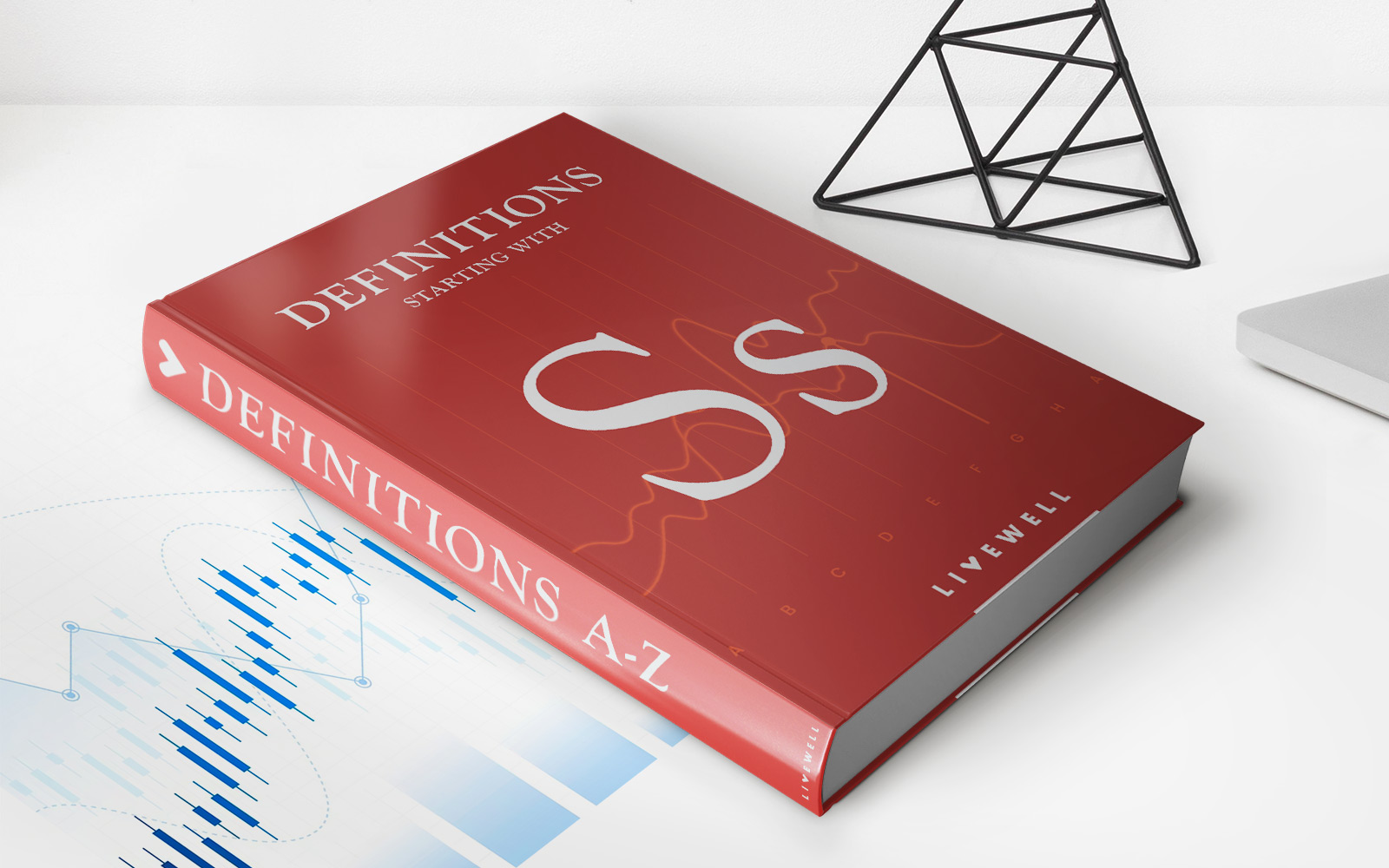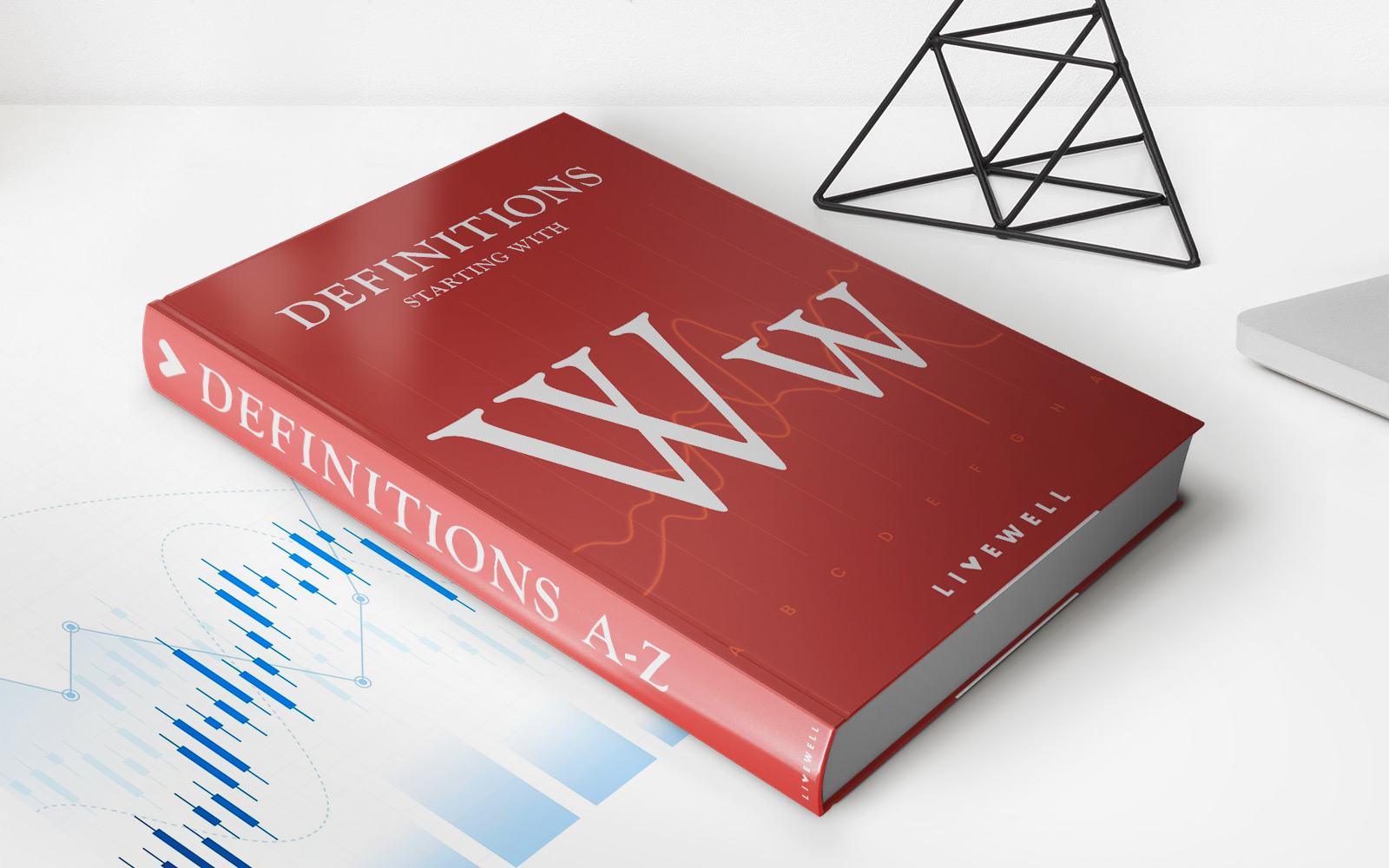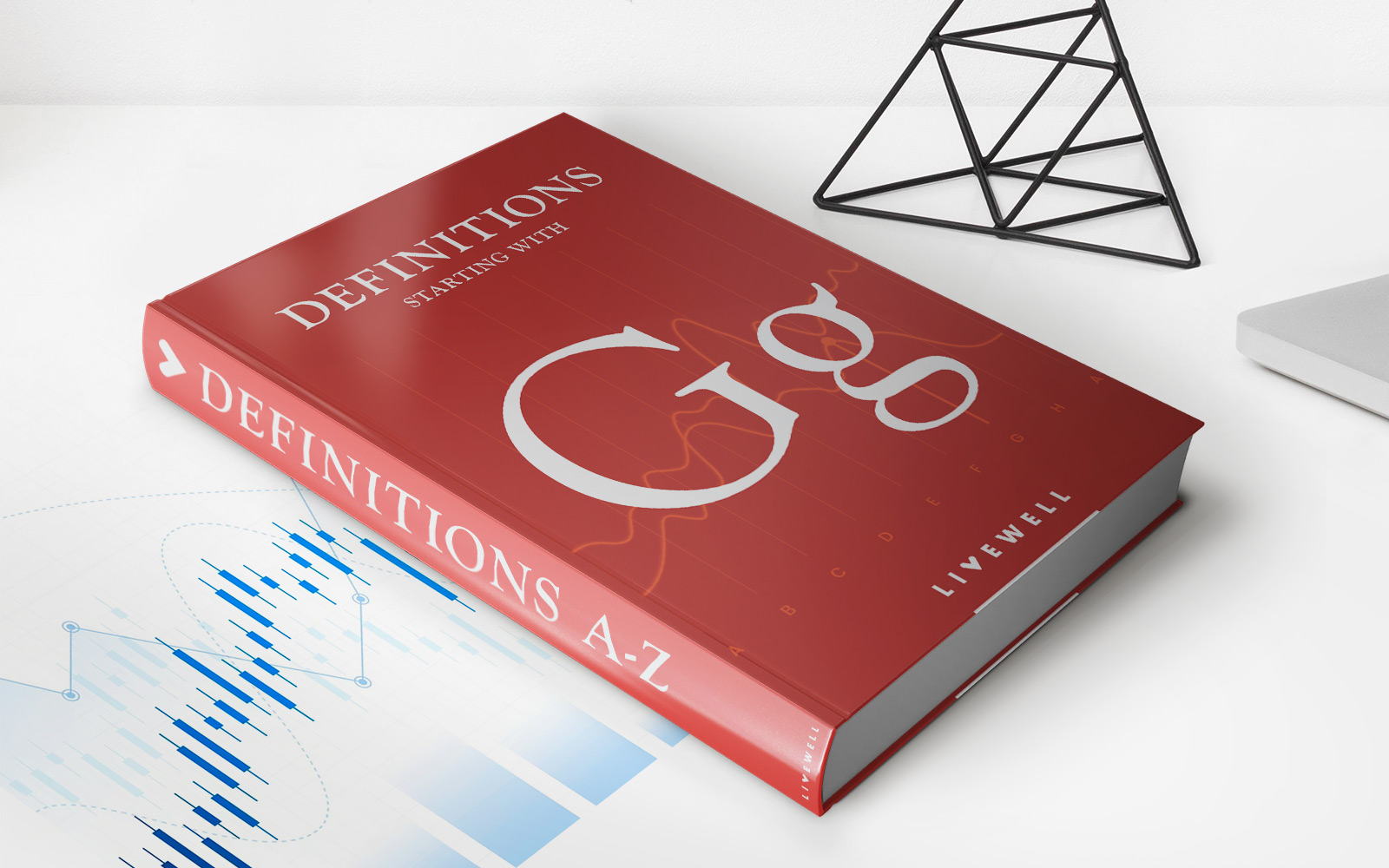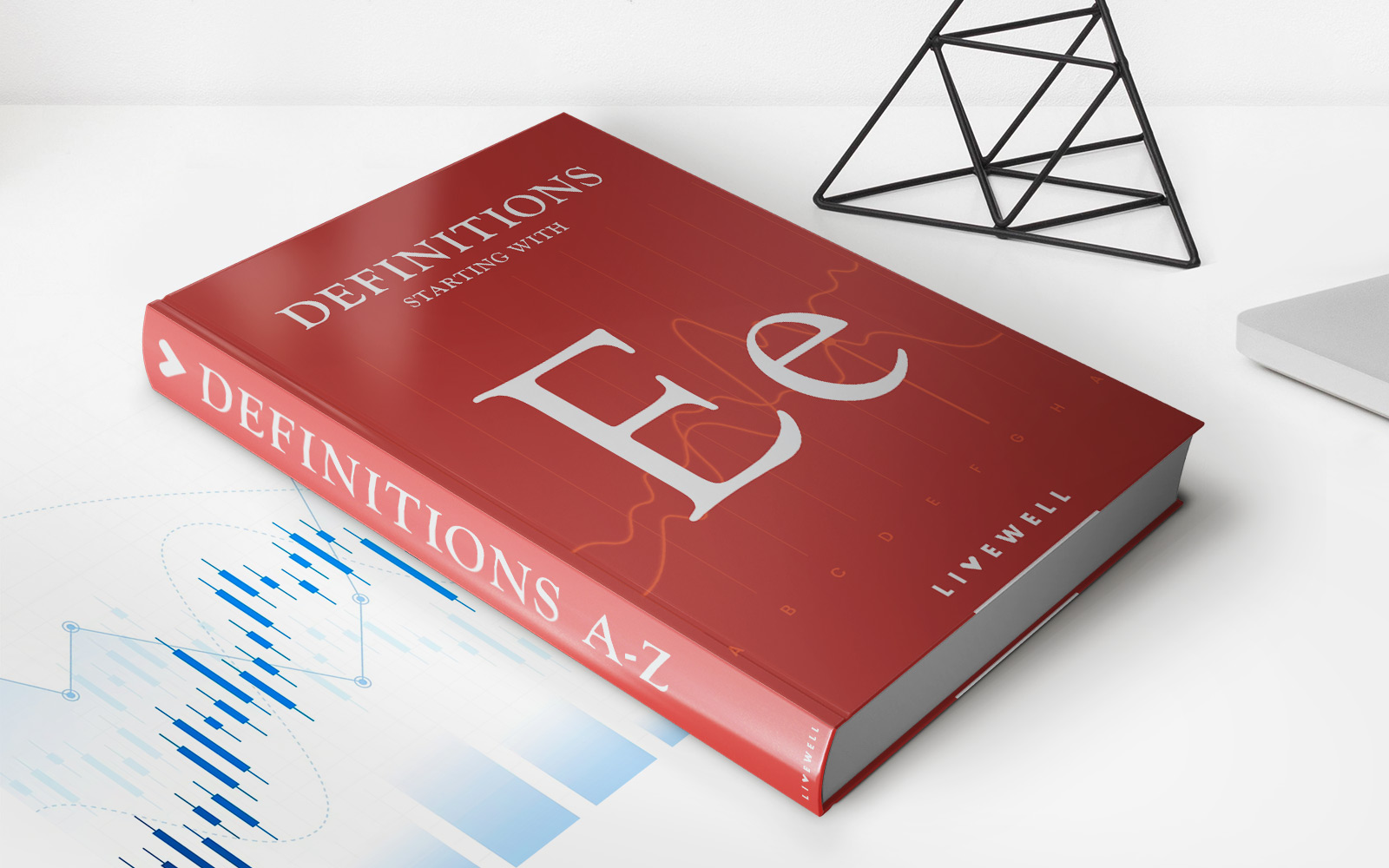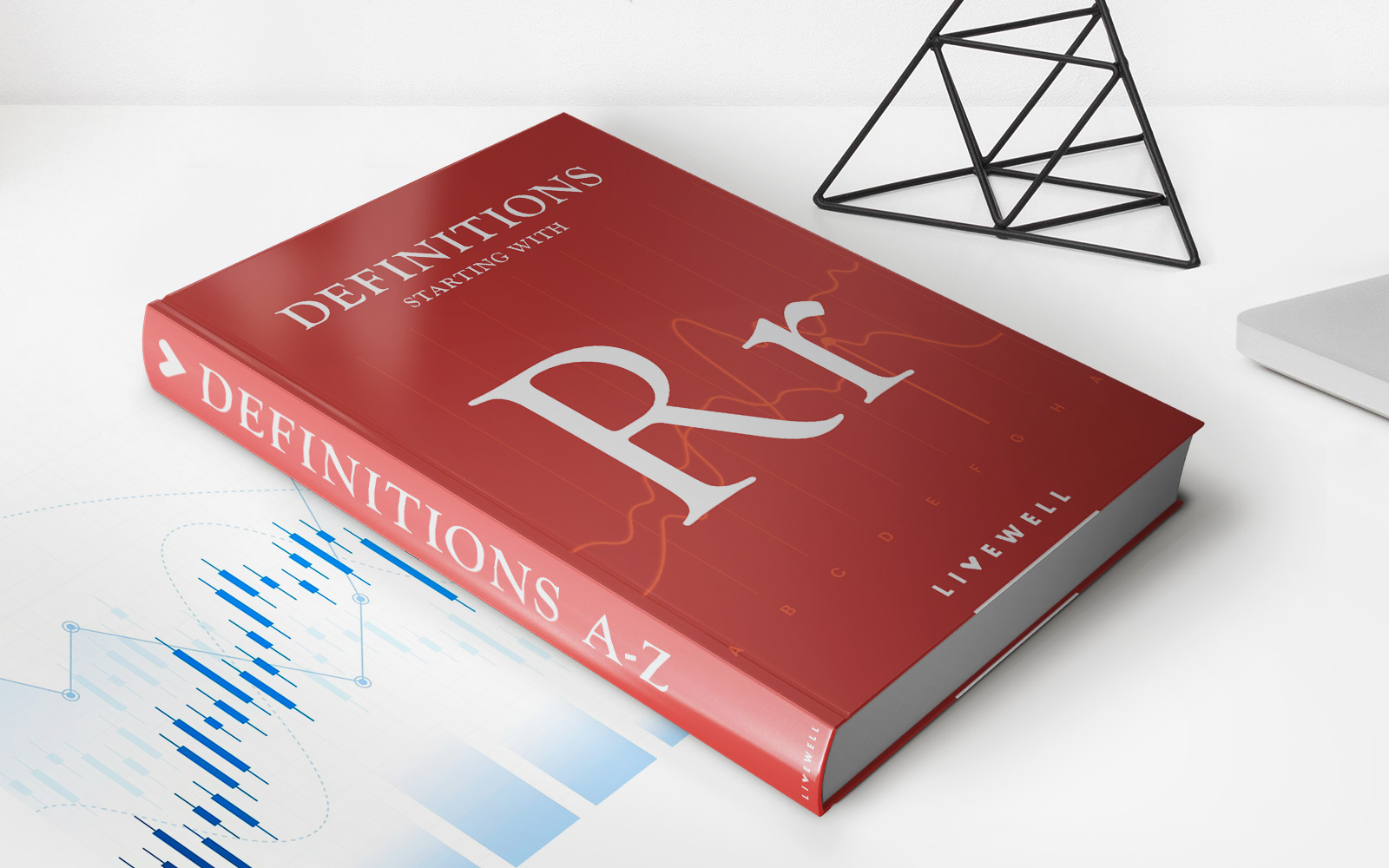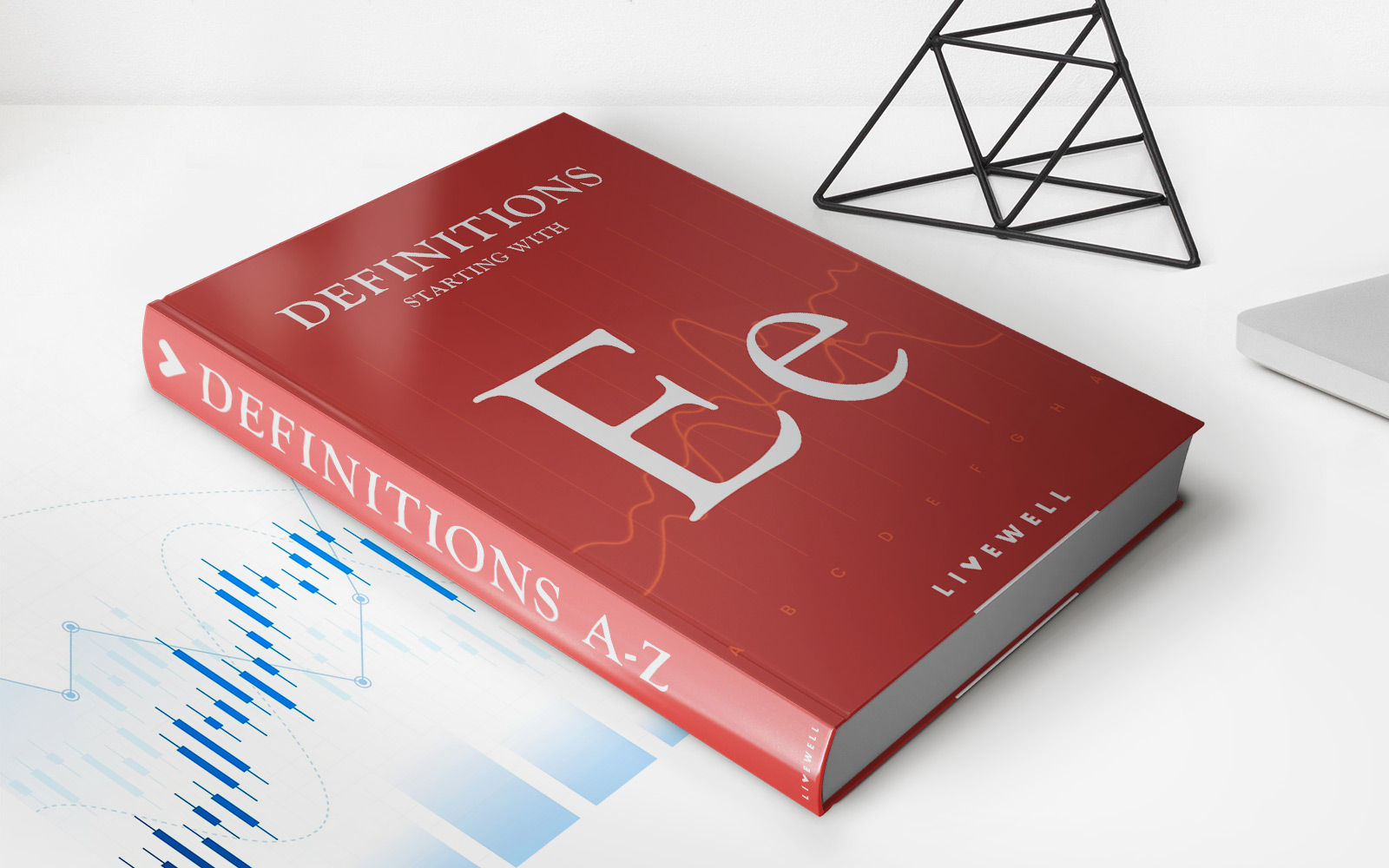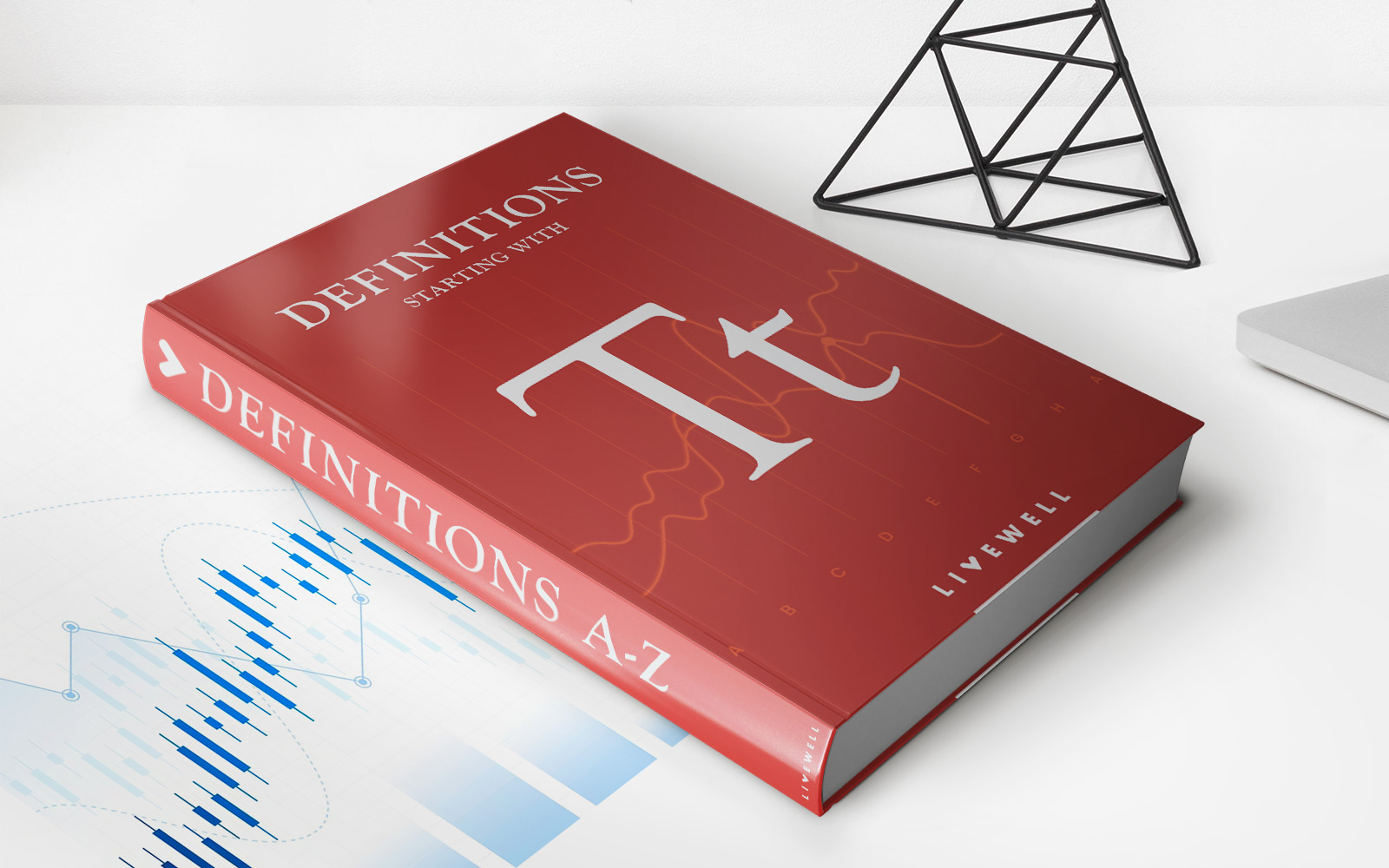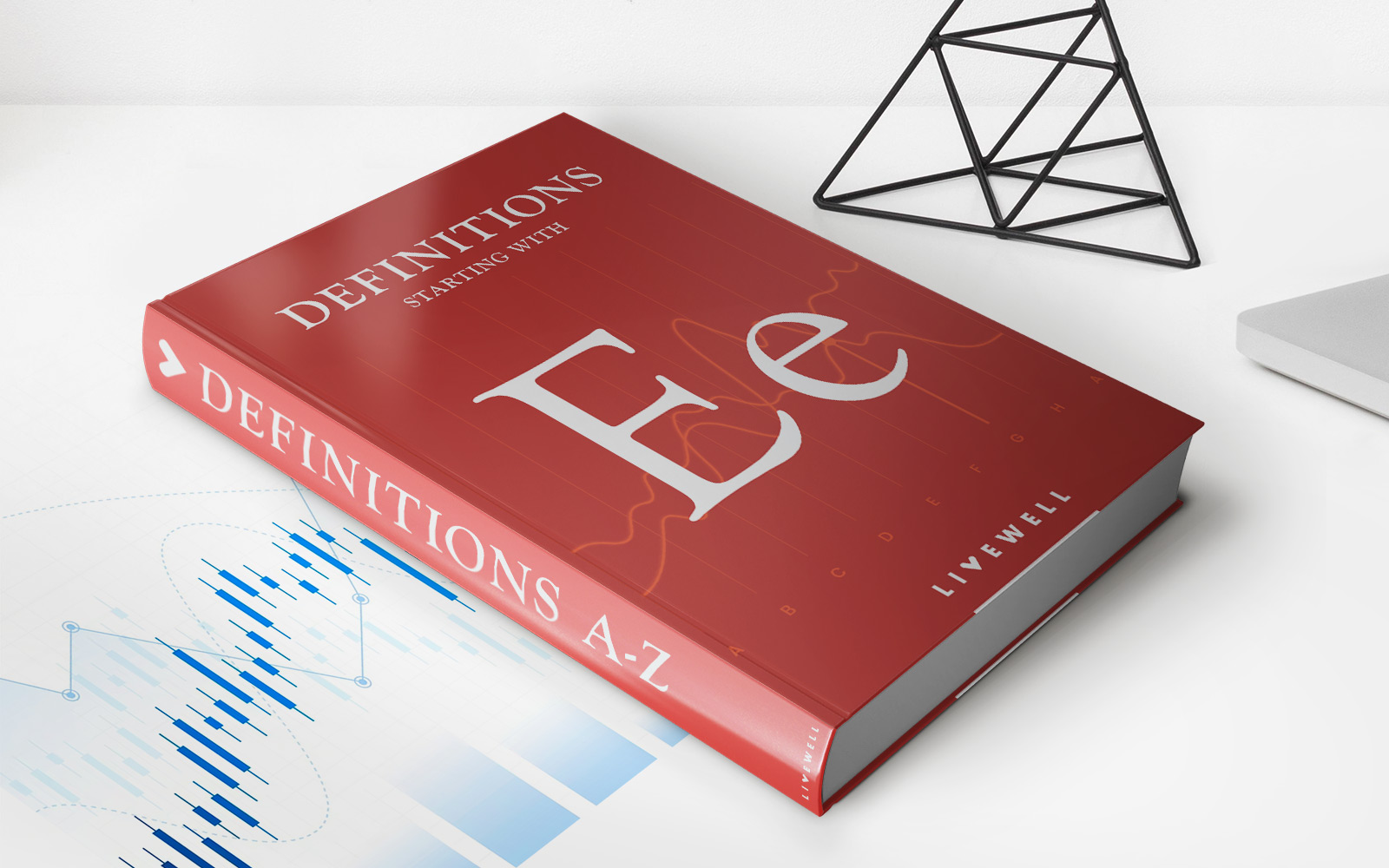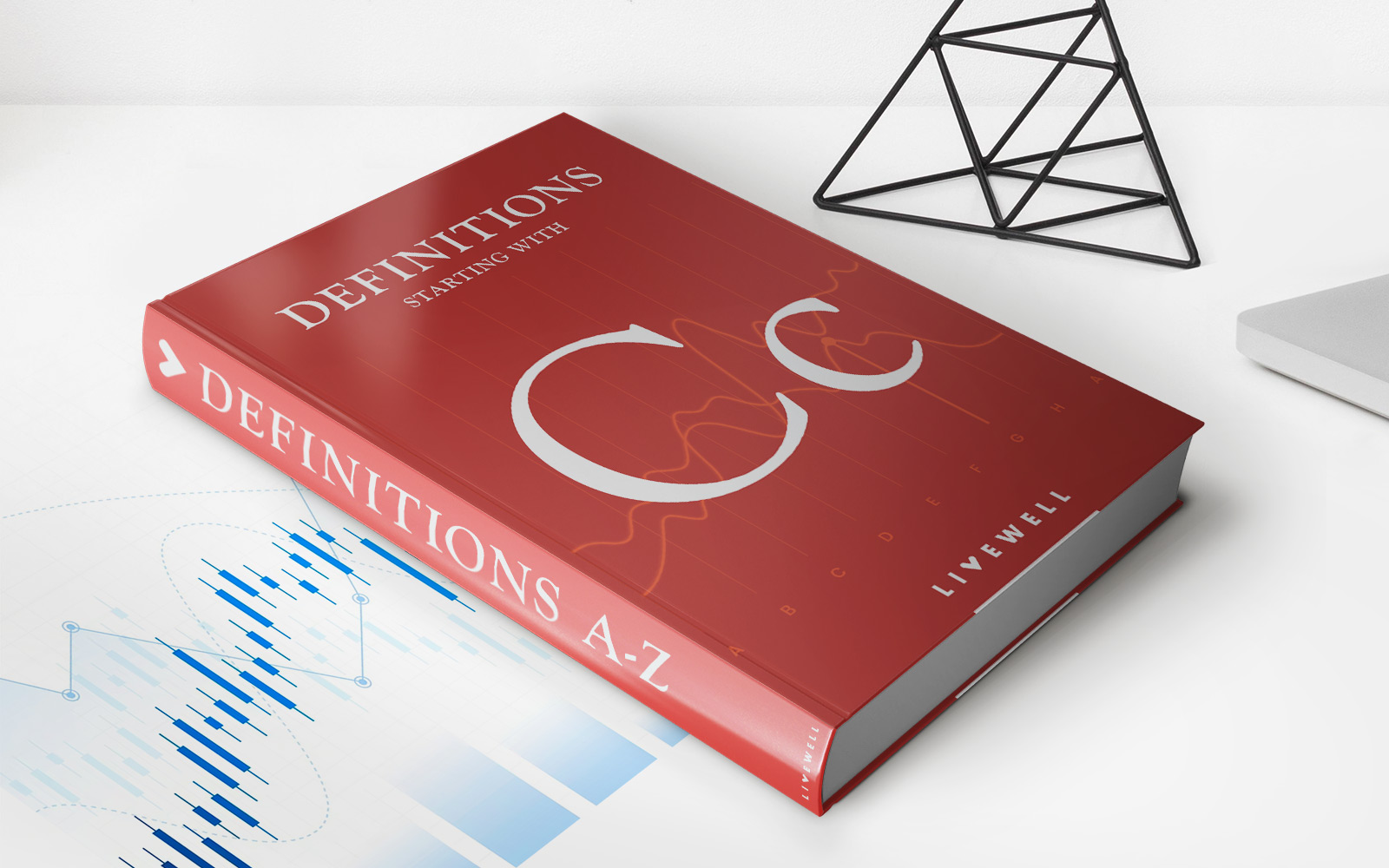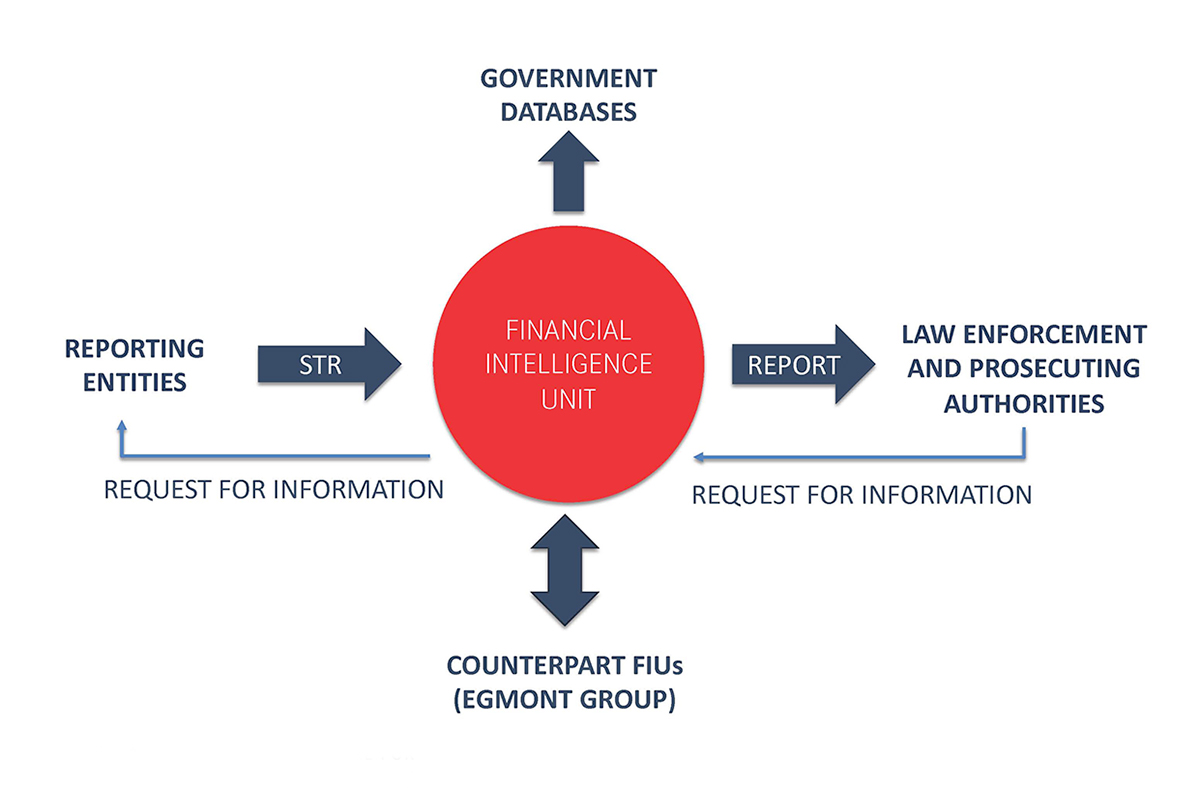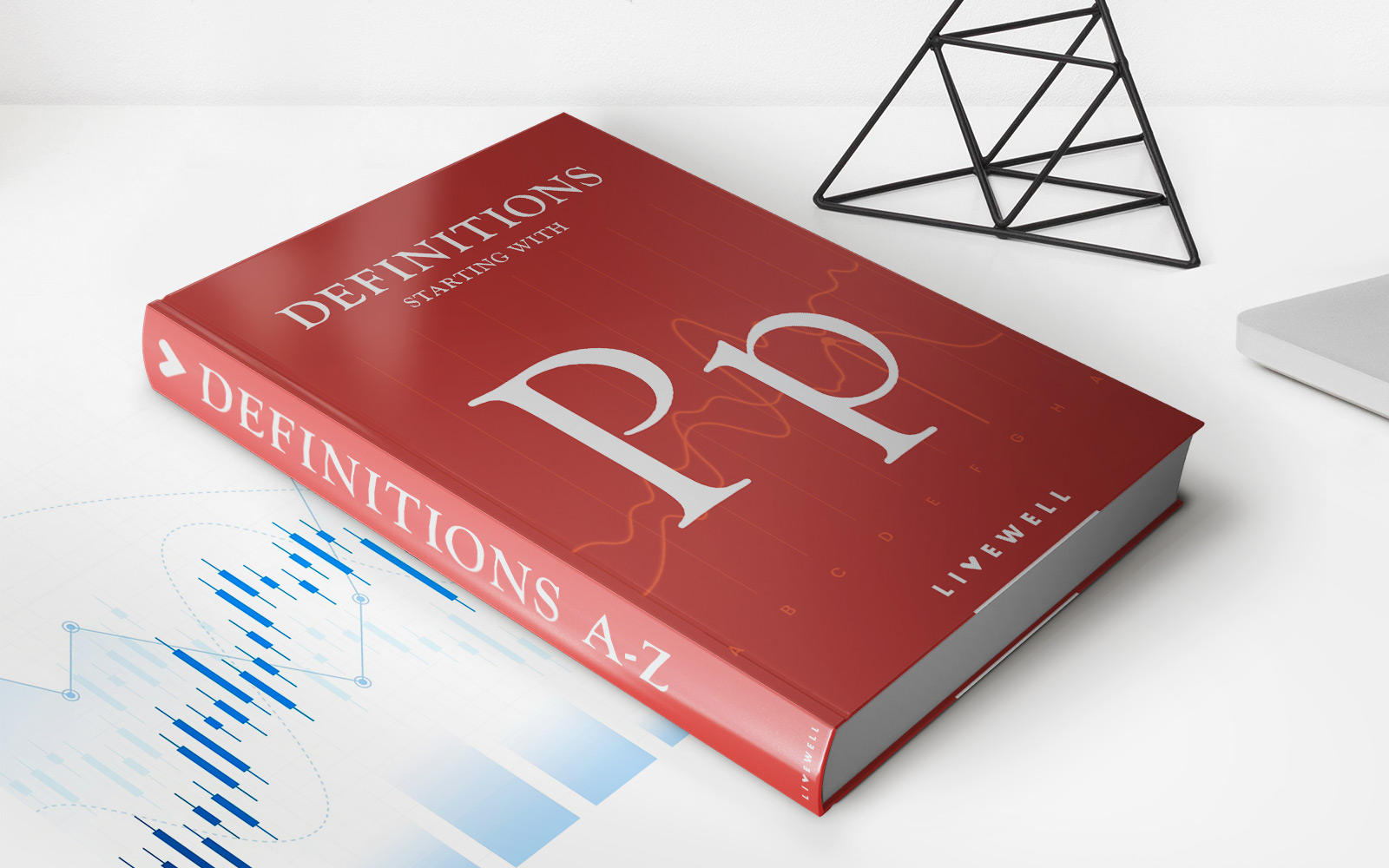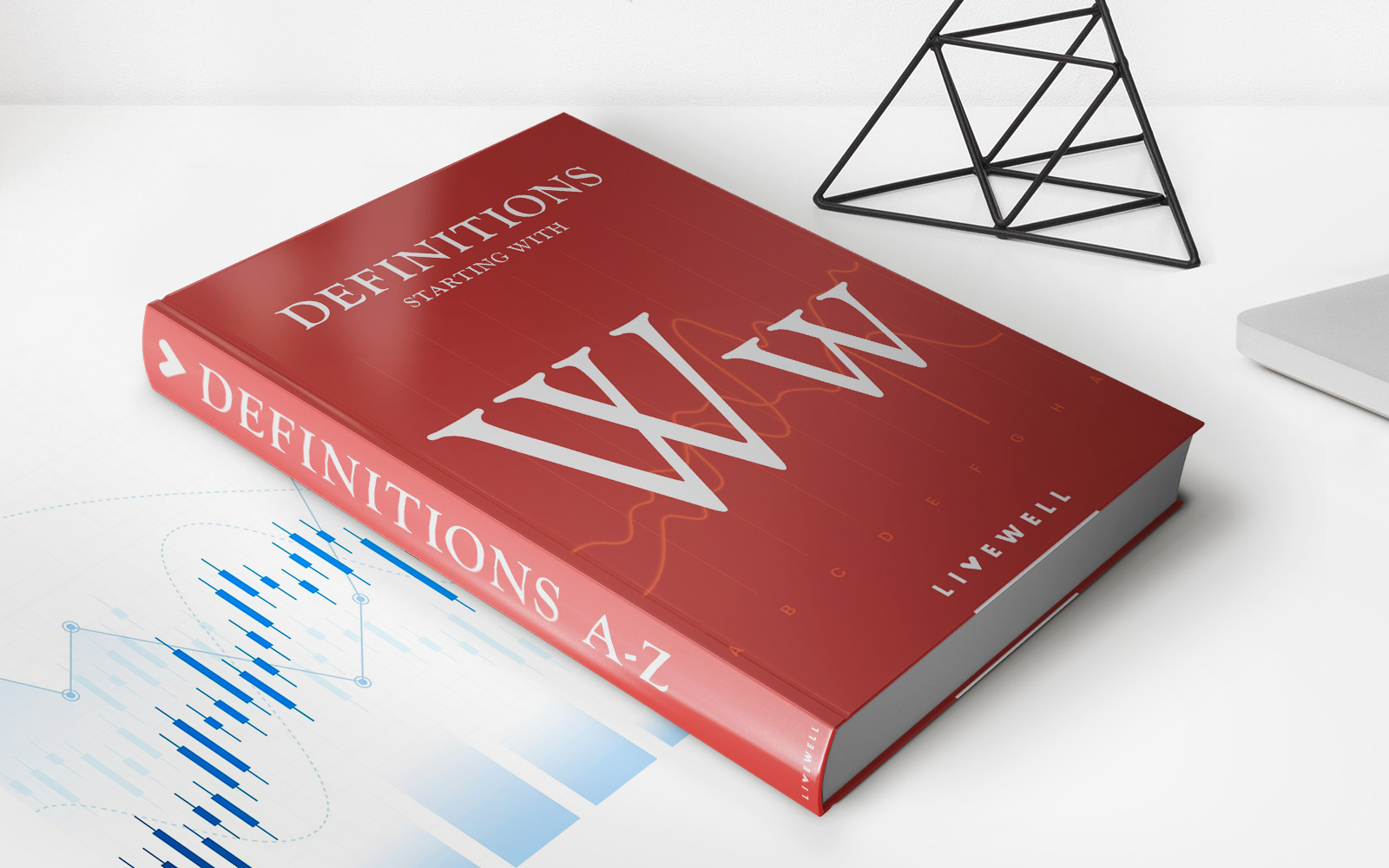

Finance
The Wealth Effect: Definition And Examples
Published: February 16, 2024
Learn the definition and examples of the wealth effect in finance. Understand how changes in wealth impact consumer spending and the economy.
(Many of the links in this article redirect to a specific reviewed product. Your purchase of these products through affiliate links helps to generate commission for LiveWell, at no extra cost. Learn more)
The Wealth Effect: Definition and Examples
Welcome to our “Finance” blog category, where we explore various topics related to personal finance, investments, and economic concepts. In today’s post, we will delve into the intriguing concept of the wealth effect and discuss its definition and several real-life examples. So, if you’re ready to expand your financial knowledge, let’s get started!
Key Takeaways:
- The wealth effect is the phenomenon where individuals tend to spend more when they perceive themselves as wealthier.
- Changes in stock market valuations, real estate prices, and government fiscal policies often influence the wealth effect.
What exactly is the wealth effect, you may wonder? Well, it refers to the idea that individuals tend to adjust their spending habits based on how wealthy they perceive themselves to be. When people feel financially secure or experience an increase in their wealth, they are more likely to spend more money. This increased consumption, in turn, positively impacts the overall economy.
Here are a few examples of how the wealth effect manifests:
- Stock Market Boom: Imagine you have invested in stocks, and their values suddenly skyrocket. As a result, the value of your investment portfolio increases significantly. This can make you feel wealthier and more confident about your financial situation, leading you to increase your spending on luxury items or experiences.
- Rise in Home Prices: Let’s say you own a house, and due to favorable market conditions, its value appreciates substantially. This rise in home prices can create a sense of increased wealth, making you feel more inclined to renovate, upgrade, or make big-ticket purchases.
- Fiscal Policies: Changes in government policies, such as tax cuts or stimulus packages, can also influence the wealth effect. If you receive a sizeable tax refund or benefit from a government program, you may view it as a boost to your overall wealth. As a result, you may be more willing to spend that additional income on consumption.
It’s important to note that the wealth effect can have both positive and negative implications. During economic downturns or when people experience a decrease in their wealth, they tend to cut back on spending, which can have a negative impact on the economy. On the other hand, during periods of economic growth and rising asset prices, the wealth effect can stimulate economic activity and contribute to higher levels of consumer spending.
In conclusion, understanding the concept of the wealth effect can provide valuable insights into consumer behavior and its impact on the economy. By recognizing how changes in wealth perception influence spending patterns, individuals and policymakers can make informed financial decisions and implement effective economic policies.
We hope you found this blog post informative and insightful. Don’t forget to check out our other articles in the “Finance” category for more useful financial tips and knowledge!
